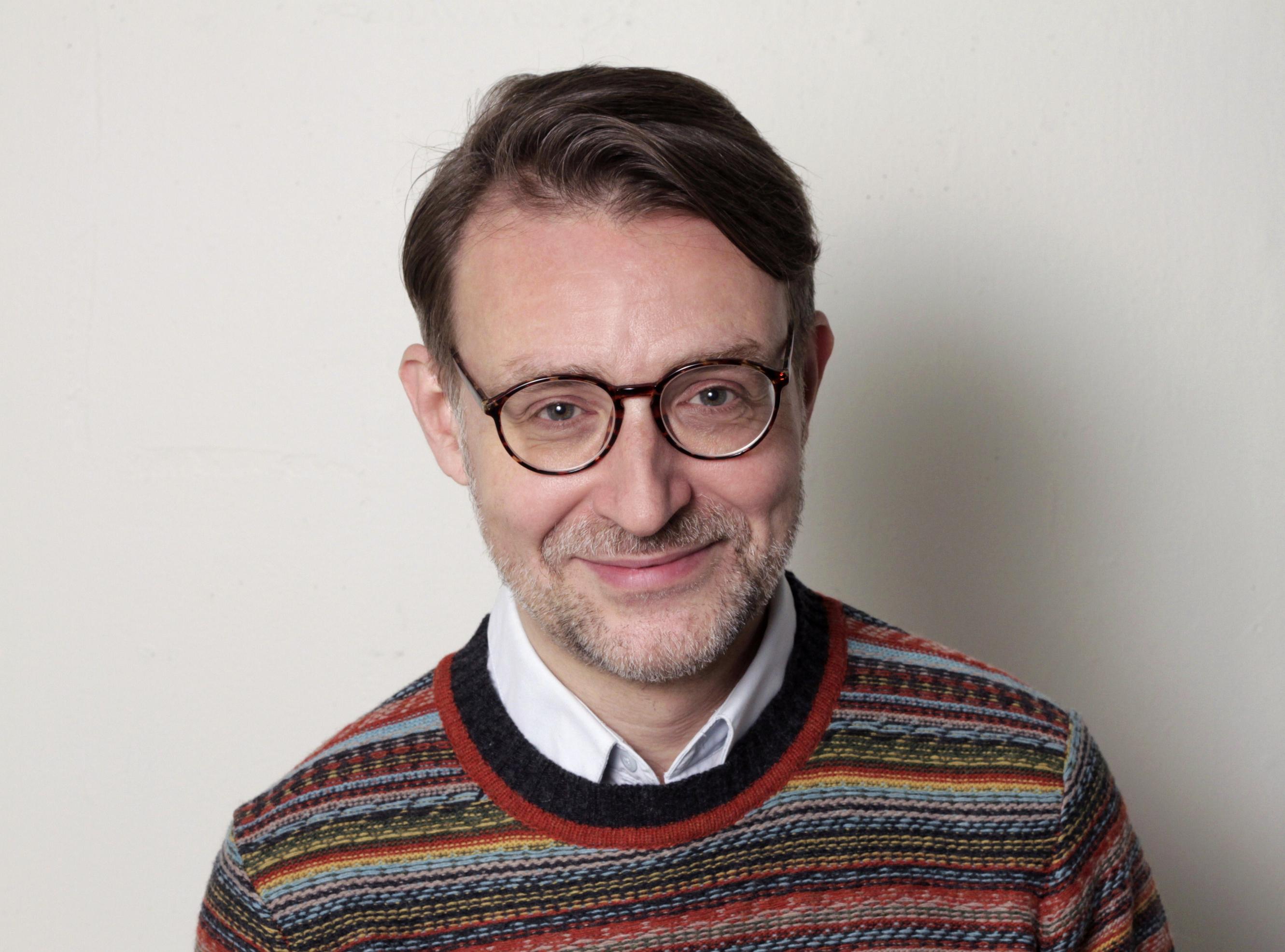In the face of the terrorist acts perpetrated in Beirut and Paris this past fall, looking at, writing about, and making art may sometimes feel like frivolous and pointless activities. But, are they?
Of course, looking at a piece of art, seeing a play or going to a concert can bring us pleasure, and provide a sense of momentarily escaping ourselves and the everyday stresses of our lives. But, in times like these, art can be something more. Consider the following words by art critic John Berger:
“The strange power of art is sometimes it can show that what people have in common is more urgent than what differentiates them.”
I thought of these words when visiting the artist-run centre Mercer Union this past fall during Abbas Akhavan’s exhibition variations on a garden and Isabel Rocamora’s survey of video works Troubled Histories, Ecstatic Solitudes at the Koffler Gallery. Although the works for both shows were produced well before Canada’s recent Federal election, their simultaneous appearance in Toronto couldn’t have been timelier.
I’d like to think that the majority of Canadians were appalled by the anti-Muslim rhetoric that arose during the election. This is not what Canada is about, was often voiced by people on my Facebook feed who were shaken by the Conservative government’s scare-mongering around the wearing of the burqa. It often felt like one of the most contentious Federal elections in recent years, and it certainly led Canadians to question just how tolerant a country we really live in. However, I am heartened that, in the end, such attitudes didn’t resonate with the majority of voters.
But, back to art. I won’t go on at length about Akhavan’s and Rocamora’s exhibitions – look for the January 2016 issue of Modern Painters magazine for my take on Akhavan’s show at Mercer – but, suffice to say, both were moving and thought-provoking in their own ways. Akhavan’s exhibition illustrated how global conflict seemingly touches every aspect of our lives – from the family unit to how we experience public spaces. Rocamora’s video works poetically examined the dehumanizing nature of war in a way that brought me to tears… twice! And, both emphasized that we have a lot more in common with people from cultures other than our own than the more divisive elements of our society want us to believe.
One more quote, from painter Clyfford Still, which is worth remembering whenever the state of the world makes you feel like putting down your paintbrush or camera, quitting acting or stopping playing an instrument:
“Art is a force for life, not death.”
All of us at Magenta Magazine and the Magenta Foundation wish you a Merry Christmas, a Happy Hanukkah, or just straight-up best wishes for the holiday season. We’ll see you again in Spring 2016.
Bill Clarke was the Executive Editor of Magenta Magazine Online from its inception in September 2009 until May 2017. His writing has been published in Modern Painters, Art Review, Canadian Art, Artnews and several other publications. In January 2017, he assumed the position of associate director at Angell Gallery in Toronto.
Executive Editor
Bill Clarke
Publisher
MaryAnn Camilleri
magentafoundation.org
Design
The Office of Gilbert Li
gilbertli.com




